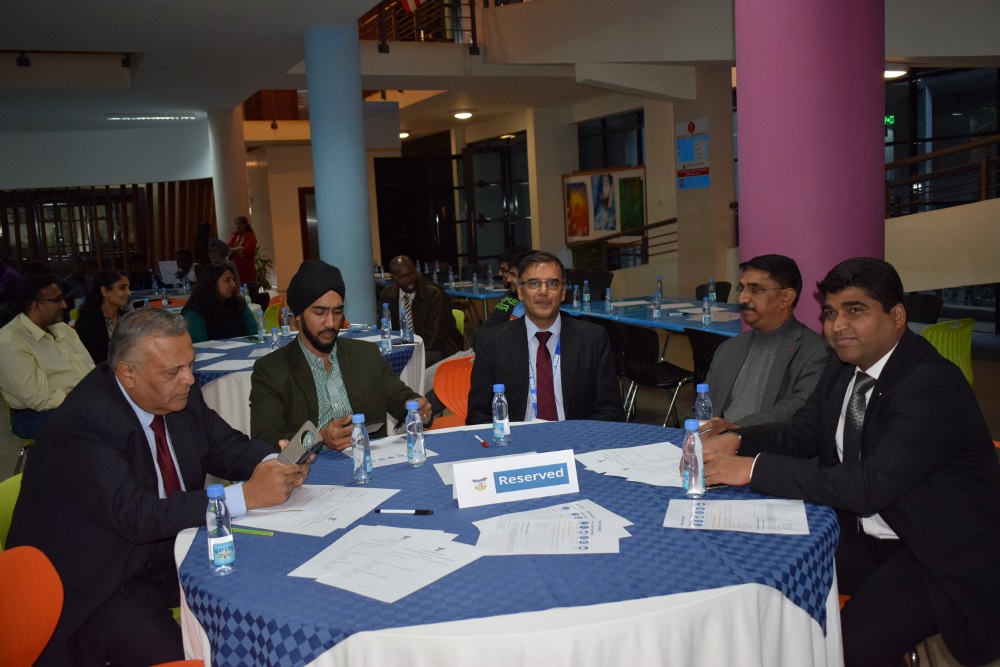The growing need for well-trained personnel to drive economic growth in various countries is stimulating change in education systems in favour of vocational training.
To bridge the growing gap between what employers want and the abilities of graduates, schools are introducing vocational components in their teaching to prepare students early for the current skilled working environment.
“The challenge for employers in both the technical and non-technical sectors of the economy has been the absence of a skilled workforce that can adapt to new and more challenging job roles,” said Mr Kaushik Shah, the Chairman of the Oshwal Academy Board of Governors.
Speaking during the launch of BTEC, a vocational skills programme, in its senior school curriculum, Mr Shah said vocational training will produce trained workforce needed to drive the economic growth process in the world economy.
He observed that about 90 percent of employment opportunities require vocational skills, but 90 percent of schools and colleges deliver white collar jobseekers.
SEE ALSO: Tough rules to protect SGR from vandalism
Corporate leaders present during the launch said there’s need to take urgent steps to impart job ready skills in fresh, educated workforce to meet the varied demands of business, trade and industrial sectors.
They said Germany is one of the best performing economy globally, driven by an education system that is heavily vocational. In fact, international employers such as shell, PWC, Rolls Royce, Hilton have shown preference in hiring graduates with BTEC skills.
“As an employer, I cannot overemphasize the need for the right mix of education and vocational skills in a person to make him or her more employable in the global market,” said Mr Vir Panesar, the Director of furniture supplier, Panesar Kenya.
Panesar, who studied sports science at Kent University, said sports is the third largest industry after cosmetics and drugs, and is being ignored by most schools.
Mr Panesar said schools and training institutions must seek to equip the future workforce with necessary skills and globally recognized qualifications to make them employable by established players in the industry.
NEXT READ: Teacher wins Ksh37 million SportPesa mega jackpot
Besides meeting their specific current job needs, workers need access to training programmes that support lifelong skills development and focus on future market needs.
“Vocational programmes are a relatively new phenomenon in international education that we see becoming very successful in a couple of years as parents and students choose a more robust curriculum that provides students with practical skills,” Mr Shah.
[crp]













Leave a comment